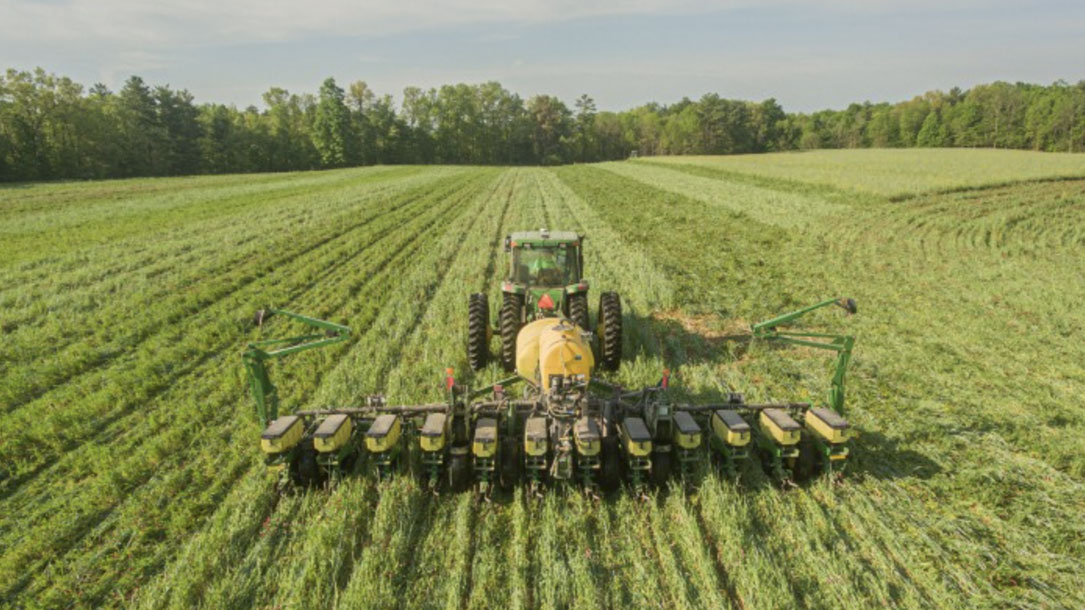
How ‘planting green’ helps farmers gain advantage in the growing season
Typical cover crop management has a host of benefits. Cover crops can increase soil organic matter, slow erosion, enhance water availability, suppress weeds, help control pests and diseases, and increase soil microbial activity. These benefits can improve crop resilience to extreme weather events while minimizing off-farm losses to the environment…
Farmers planting green (a collaborative demonstration project) requires knowledge of how different factors interact, including: climate, cover crop and cash crop species, planting rate and timing, and termination timing…

Two groups want to put focus on carbon credits from urban forests
National Public Radio discusses urban carbon credit work. Lookout Mountain Conservancy is participating in this effort.
“We know trees can help address climate change. A forest sucks carbon dioxide from the atmosphere. That can be sold as a carbon credit to companies looking to offset their environmental impact. But the way those credits are calculated has long been scrutinized. And two groups want to put focus on urban forests. Bellamy Pailthorp of KNKX explains…”
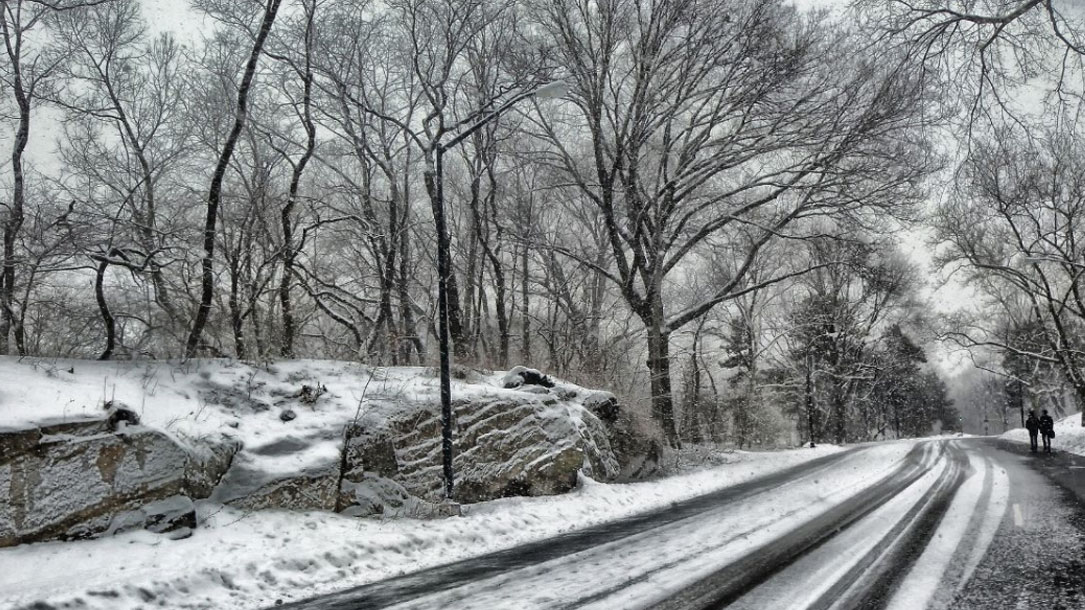
Climate-Smart Cities
Climate change affects everyone, but in cities, low-income communities often face the starkest threats. On average, low-income neighborhoods have fewer parks and green spaces to absorb stormwater, provide cooling shade, and protect homes and businesses from flooding. [TPL] help(s) cities use parks and natural lands as “green infrastructure” serving four objectives…
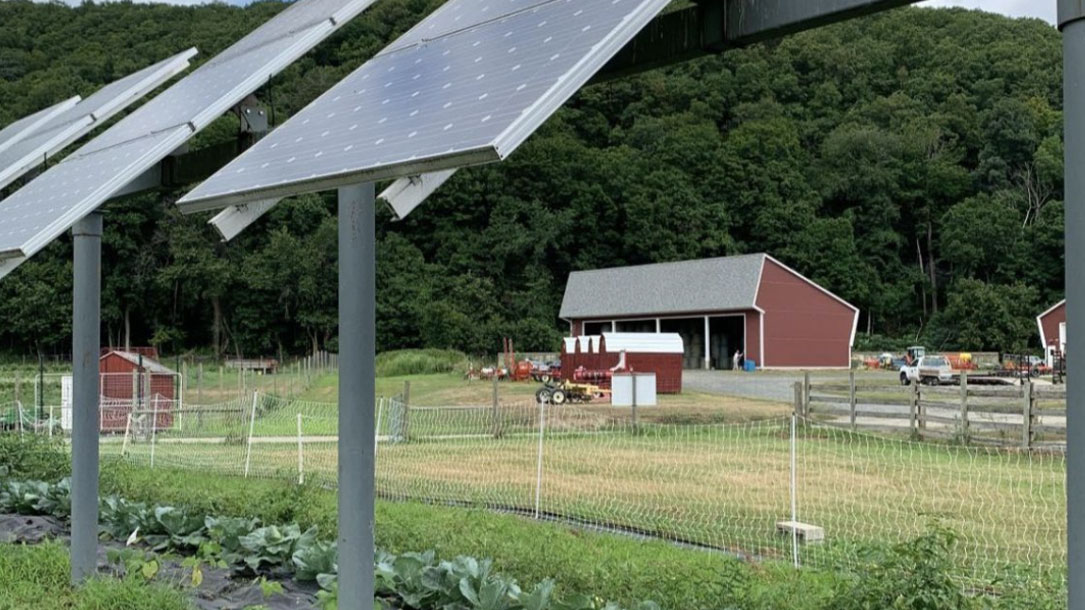
Farmland preservationists, solar developers to build green energy arrays
An estimated 750,000 acres of farmland in the U.S. is lost each year and “solar development if done right could potentially help” save some of that farmland, said John Piotti, president and CEO of American Farmland Trust, a nonprofit organization that works to keep farmland in production.
Earlier this week, Piotti said during a webcast meeting that his group would work with two private firms, Edelen Renewables and Arcadia Solar to develop “agrivoltaic” community solar farms in a number of states including New York…
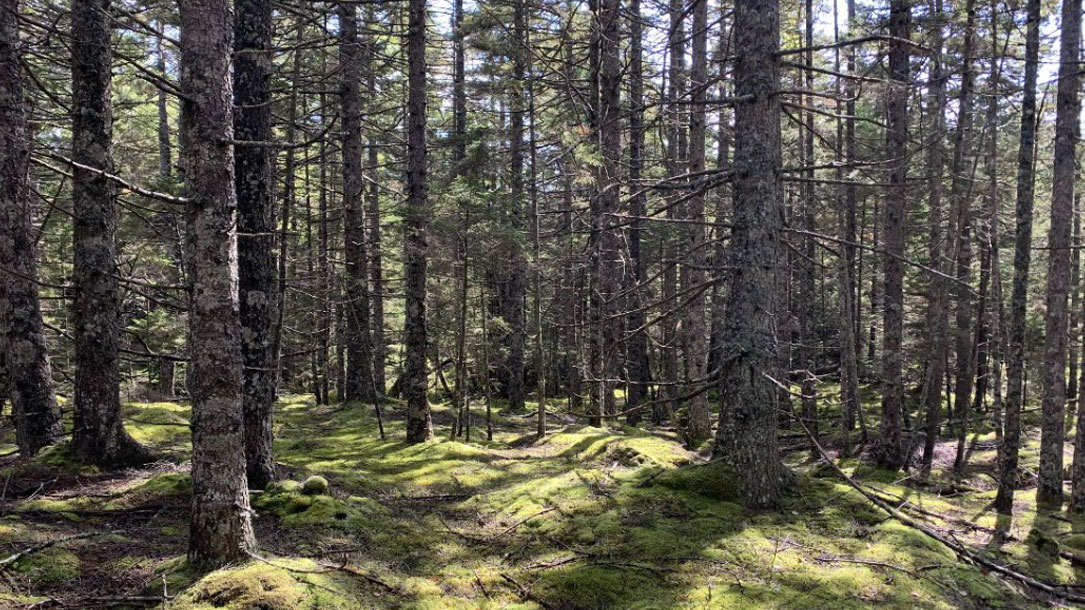
Carbon program
Downeast Lakes Land Trust began evaluating its potential to participate in the carbon market in 2009, and entered a partnership with Finite Carbon in 2010. Finite Carbon Corporation is a forest carbon development company that partners with landowners to create and monetize carbon offsets.
On July 2, 2010, Downeast Lakes Land Trust listed the 19,118-acre project with the Climate Action Reserve (CAR) as an improved forest management project. Improved forest management projects maintain or increase forest carbon stocks above the level expected under typical commercial forest management…
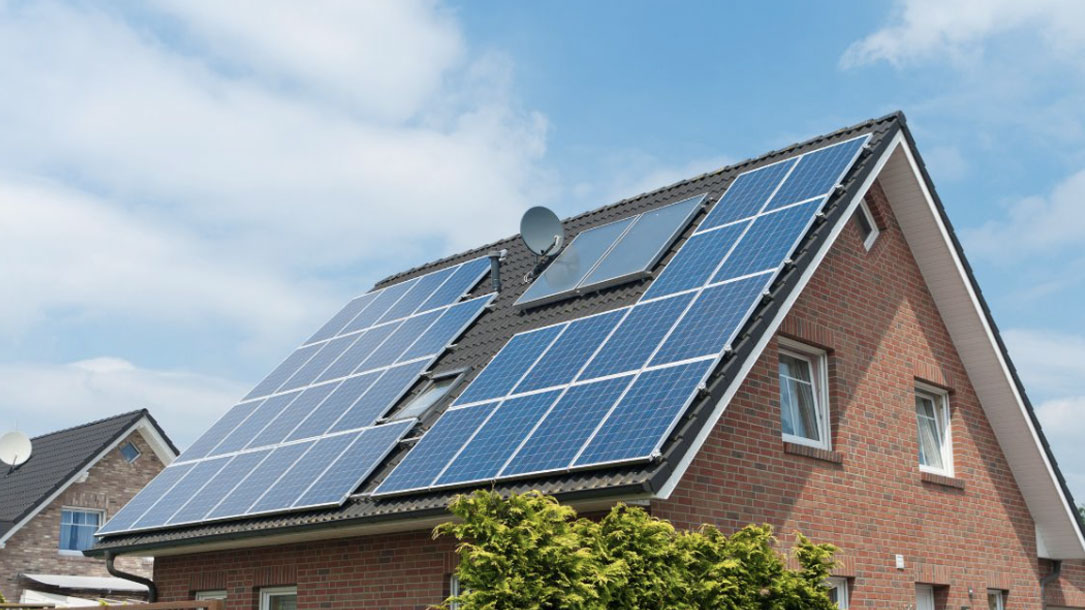
Solar workshop series
While this workshop is over, you can get a sense of what they are helping to amplify. The following is from their announcement:
Solar workshop series comes to southern Maryland: If you’re interested in using solar electricity to power your home, farm, or business, then please join an upcoming session of the University of Maryland’s “Solar Workshop Series.”
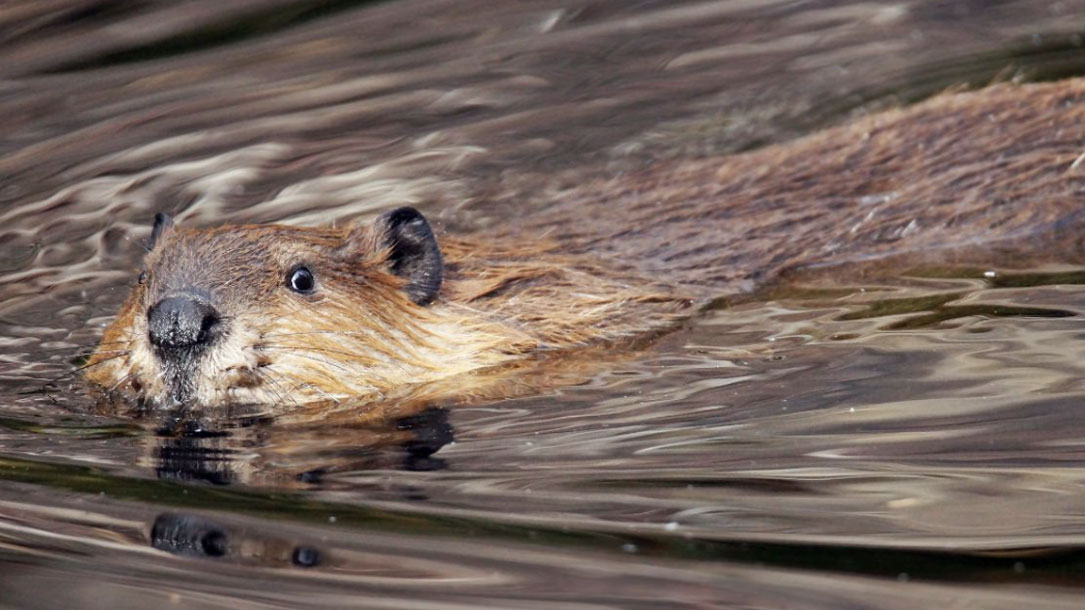
Saving Our Swamps [Letter in the New Yorker Magazine]
Here you will find a short letter submitted by the land trust’s executive director, under the heading “Letters respond to Annie Proulx’s piece about swamps” (and beavers as part of the climate solution):
The dewatering of North America that Proulx describes was underway well before the nineteenth century, when westward expansionists began cutting down forests and farmers began draining and tilling fields. By the time those people were “reclaiming” land for their use, fur traders had been wreaking havoc on our wetlands for almost two hundred years, through the commodification of beavers…

Passage of historic Inflation Reduction Act bill supports land trust work
The Inflation Reduction Act is landmark climate legislation that has the potential to reduce U.S. emissions by 40% by 2030, helping to reduce carbon in our atmosphere and buffering human and natural communities from the worst effects of climate change.
The IRA will fund critical Farm Bill conservation programs: land trusts and the landowners they work with will have access to an additional $1.4 billion for the Agricultural Conservation Easement Program to be allocated across four years, and the Regional Conservation Partnership Program will be increased by $4.95 billion during that period.
The Conservation Stewardship Program ($3.25 billion) and Environmental Quality Incentives Program ($8.45 billion) will also receive huge investments, and there is $1 billion in technical assistance for landowners who use these programs to reduce climate-related emissions…
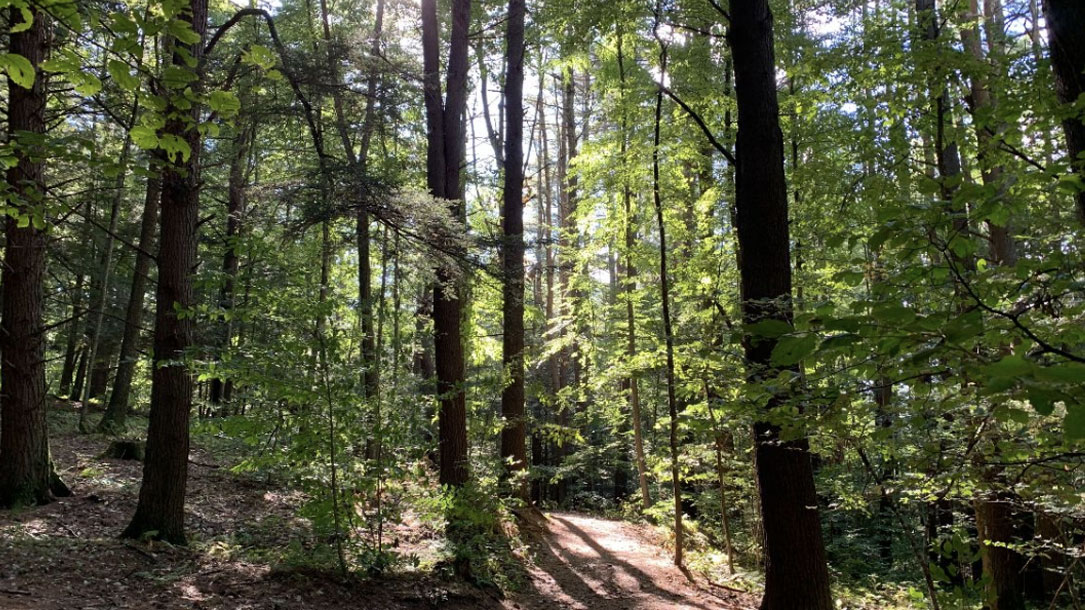
Addressing climate change as a strategic priority
“Land conservation is a powerful tool that influences both natural and human-built environments and systems. Now in its 35th year, Loon Echo Land Trust (LELT) manages 8,000 acres of land, 32 miles of recreational trails, and accommodates over 60,000 annual visitors. These lands and trails support a range of ecological and economic services including carbon sequestration, habitat for wildlife, and drinking water protection.
“Since 1987, LELT has helped communities overcome land-use challenges at a local level. Indeed, LELT’s conservation work has been made possible by grassroots, community-supported efforts to protect and secure access to this region’s most beloved natural resources. But we are now learning, and witnessing, that local conservation efforts can influence how communities grow, adapt, and respond to threats and needs at a regional and global scale…”
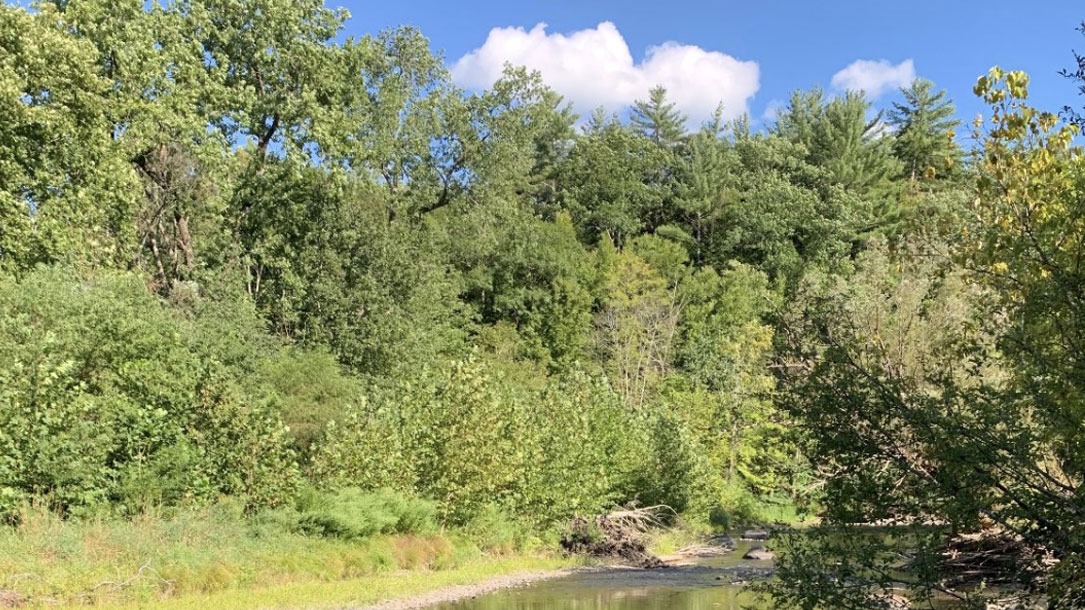
Conservation in a changing climate
“Our annual event continues a long-held tradition of gathering once a year to listen to an informative, engaging, and inspiring speaker and hear the latest Conservancy news. Light refreshments will be served, with time to mingle.
“Following a presentation of the past year’s accomplishments and awards, New Hampshire Public Radio’s Mara Hoplamazian will give the keynote address. Watching the Climate Change: A Reporter’s Notebook will explore the transitions Granite Staters are facing as our climate changes and how they balance tough realities with hope. Mara reports on climate change, energy, and the environment for NHPR, part of their By Degrees initiative…”












